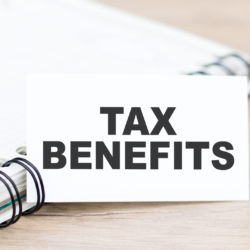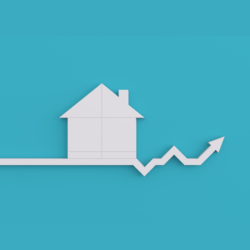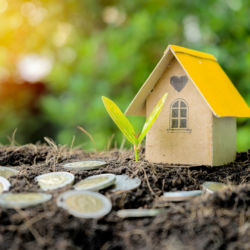Investing in Texas: Tax Benefits and Incentives for Property Investors
Investing in Texas: Tax Benefits and Incentives for Property Investors Texas, known for its vast landscapes, booming economy, and vibrant cities, has long been a prime destination for real estate investors. One of the key attractions for property investors is the array of tax benefits and incentives offered by the state. Whether you are a Read more about Investing in Texas: Tax Benefits and Incentives for Property Investors[…]










